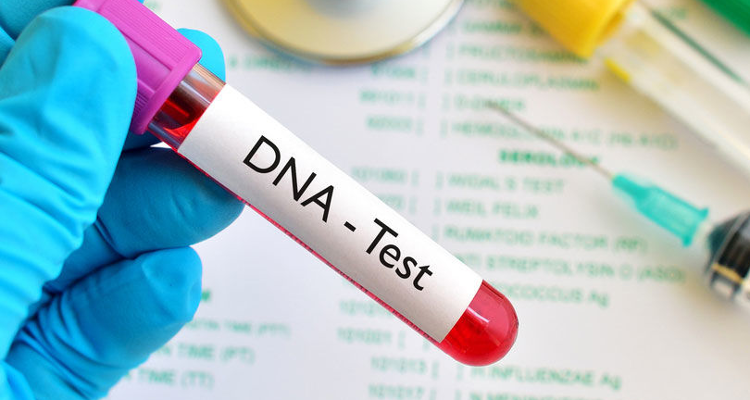
In a landmark ruling, the Allahabad High Court ordered a man to either pay maintenance to his children or undergo a DNA test to prove he is not their father. Justice Prashant Kumar emphasized that denying maintenance due to unresolved paternity issues violates the children’s basic rights.
Paternity Dispute and Maintenance Rights
The court highlighted the critical role of DNA testing in resolving paternity disputes and ensuring children receive rightful maintenance. The court acknowledged the potential trauma of DNA testing but stressed the importance of resolving such disputes for the children’s stability.
Case Background
The Court was hearing a petition challenging a family court order that directed the man to undergo a DNA test after he refused to pay maintenance, claiming the children were not his. The man argued that the woman was not his legal wife, as she had been previously married to another man. However, the wife stated they married in 2007 and have two children, for whom the man had paid all expenses.
Legal Principles and Precedents
The Court reviewed legal principles regarding DNA tests in paternity disputes, particularly Section 53 of the CrPC, which includes DNA profiling in its definition of “examination.” This provision was clarified by an amendment in 2005.
Protecting Children’s Best Interests
The Court emphasized that children’s best interests should be paramount and that the right to maintenance is a fundamental human right, ensuring an adequate standard of living for children.
Final Ruling
The Court concluded that the man could not deny paternity and refuse a DNA test simultaneously. It directed him to either pay maintenance or undergo the DNA test as ordered by the family court. Failure to comply could lead to an adverse inference under the Indian Evidence Act.
“This Court hereby orders the applicant to either fulfil his obligation of providing maintenance or undergo a DNA test, thereby dispelling any adverse inference drawn pursuant to Section 114, Illustration (h) of the Indian Evidence Act, 1872,” the Court concluded.
Read More: Supreme Court, Delhi High Court, States High Court, Other Courts, International




